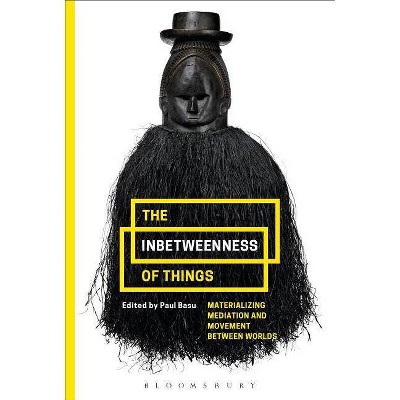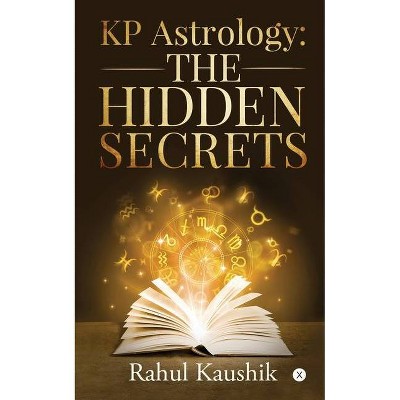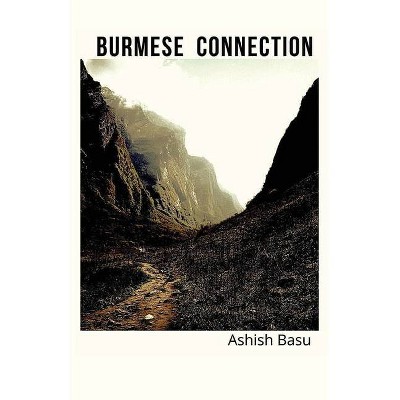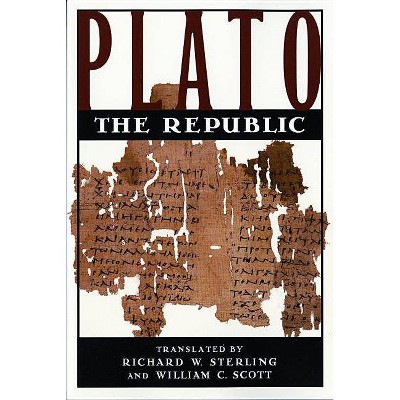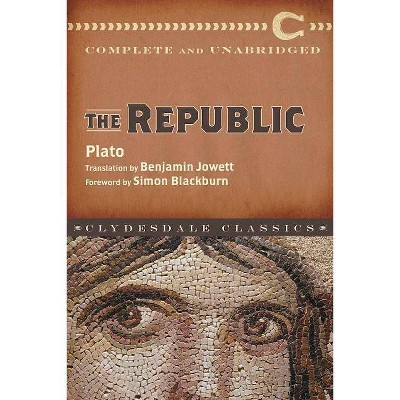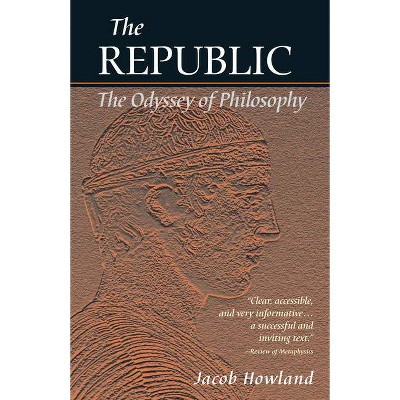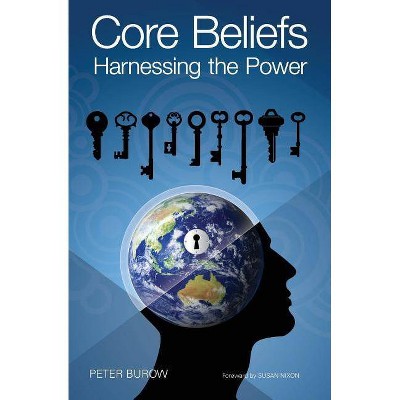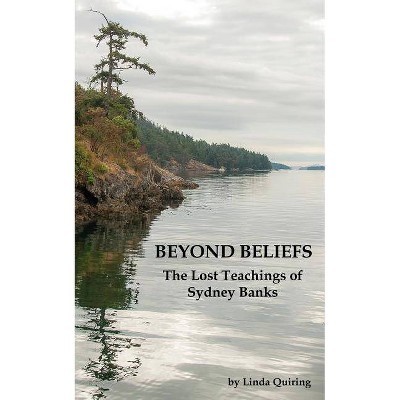The Republic of Beliefs - by Kaushik Basu (Paperback)
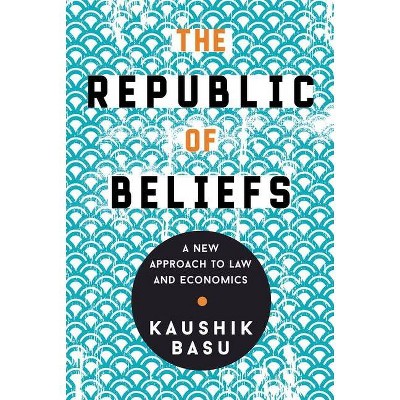
Similar Products
Products of same category from the store
AllProduct info
<p/><br></br><p><b> About the Book </b></p></br></br>"[This book] argues that the traditional economic analysis of the law has significant flaws and has failed to answer certain critical questions satisfactorily. Why are good laws drafted but never implemented? When laws are unenforced, is it a failure of the law or the enforcers? And, most important, considering that laws are simply words on paper, why are they effective? Basu offers a provocative alternative to how the relationship between economics and real-world law enforcement should be understood. Basu summarizes standard, neoclassical law and economics before looking at the weaknesses underlying the discipline. Bringing modern game theory to bear, he develops a 'focal point' approach, modeling not just the self-interested actions of the citizens who must follow laws but also the functionaries of the state: the politicians, judges, and bureaucrats enforcing them. He demonstrates the connections between social norms and the law and shows how well conceived ideas can change and benefit human behavior. For example, bribe givers and takers will collude when they are treated equally under the law. And in food support programs, vouchers should be given directly to the poor to prevent shop owners from selling subsidized rations on the open market. Basu provides a new paradigm for the ways that law and economics interact: a framework applicable to both less developed countries and the developed world"--Jacket.<p/><br></br><p><b> Book Synopsis </b></p></br></br><p><b>A leading economist offers a radically new approach to the economic analysis of the law</b> <p/><i>The Republic of Beliefs</i> argues that the traditional economic analysis of the law has significant flaws and has failed to answer certain critical questions satisfactorily. Why are good laws drafted but never implemented? When laws are unenforced, is it a failure of the law or the enforcers? And, considering that laws are simply words on paper, why are they effective? Offering a provocative alternative to how the relationship between economics and real-world law enforcement is commonly understood, Kaushik Basu demonstrates the connections between social norms and the law and shows how well-conceived ideas can change and benefit human behavior. <i>The Republic of Beliefs</i> provides a new paradigm that will enable better laws and a fairer society.</p><p/><br></br><p><b> From the Back Cover </b></p></br></br><p>"This is a fascinating and important book. Focused on what goes on in people's minds, Basu offers an ambitious new account of why people obey the law. A major contribution for theorists and practitioners alike."<b>--Cass Sunstein, author of <i>#Republic</i></b></p><p>"<i>The Republic of Beliefs</i> tackles one of the great unanswered questions of law--why is it that some laws are effective at changing people's behavior, while others languish, unenforced by the state and ignored by the public? This question is an urgent one, both in developing and advanced countries. With a spare, elegant style, Basu offers a deeply satisfying game-theoretic account while educating readers with little background in economics."<b>--Eric Posner, coauthor of <i>Radical Markets</i></b></p><p>"Each society is like a game and laws provide some of the rules of the game. In this delightful and penetrating book, Basu offers a new approach to law and economics that flows from a deep understanding of the society-as-game paradigm. After reading <i>The Republic of Beliefs</i>, your perspective on the role of the legal system in economic development will never be the same."<b>--Herbert Gintis, author of <i>Individuality and Entanglement</i></b></p><p>"'Kaushik Basu's blend' An economist who always questions the most fundamental assumptions of economics. A person who has phenomenal knowledge of the real world and clear views about how to improve it. While reading this book, I felt as if Basu was talking directly to me, with his intonation, his penetrating gaze, and above all his unbounded intellectual excitement and love for human beings."<b>--Ariel Rubinstein, Tel Aviv University and New York University</b></p><p>"Economics takes for granted the existence of a reliable legal framework for economic interaction, but has largely ignored how that legal framework is produced. This book is a long-overdue and critical contribution to the study of this foundational question. Emphasizing the core idea that a legal order is created by influencing people's beliefs about what others will do, Basu provides a much-needed basis for a reinvigorated law and economics."<b>--Gillian Hadfield, University of Southern California</b></p><p> "In this thought-provoking book, Basu urges us to think in new and better ways about pressing problems at the intersection of economics and the law. His masterful command of the economist's toolbox and broad understanding of the legal-economic nexus combine to generate a road map for exploring important questions left unaddressed by the traditional law and economics paradigm."<b>--Steven G. Medema, author of <i>The Hesitant Hand</i></b></p><p> "In seeking to answer the big question of jurisprudence--what is law--Basu presents an argument that is elegant, interesting, and useful."<b>--Oren Sussman, University of Oxford</b></p><p/><br></br><p><b> Review Quotes </b></p></br></br><br>One of Diane Coyle's Best Economic Books of 2018<br><p/><br></br><p><b> About the Author </b></p></br></br><b>Kaushik Basu</b> is professor of economics and the Carl Marks Professor of International Studies at Cornell University. His books include <i>Beyond the Invisible Hand</i> (Princeton) and <i>Prelude to Political Economy</i>.
Price History
Cheapest price in the interval: 24.99 on October 27, 2021
Most expensive price in the interval: 24.99 on November 8, 2021
Price Archive shows prices from various stores, lets you see history and find the cheapest. There is no actual sale on the website. For all support, inquiry and suggestion messagescommunication@pricearchive.us
